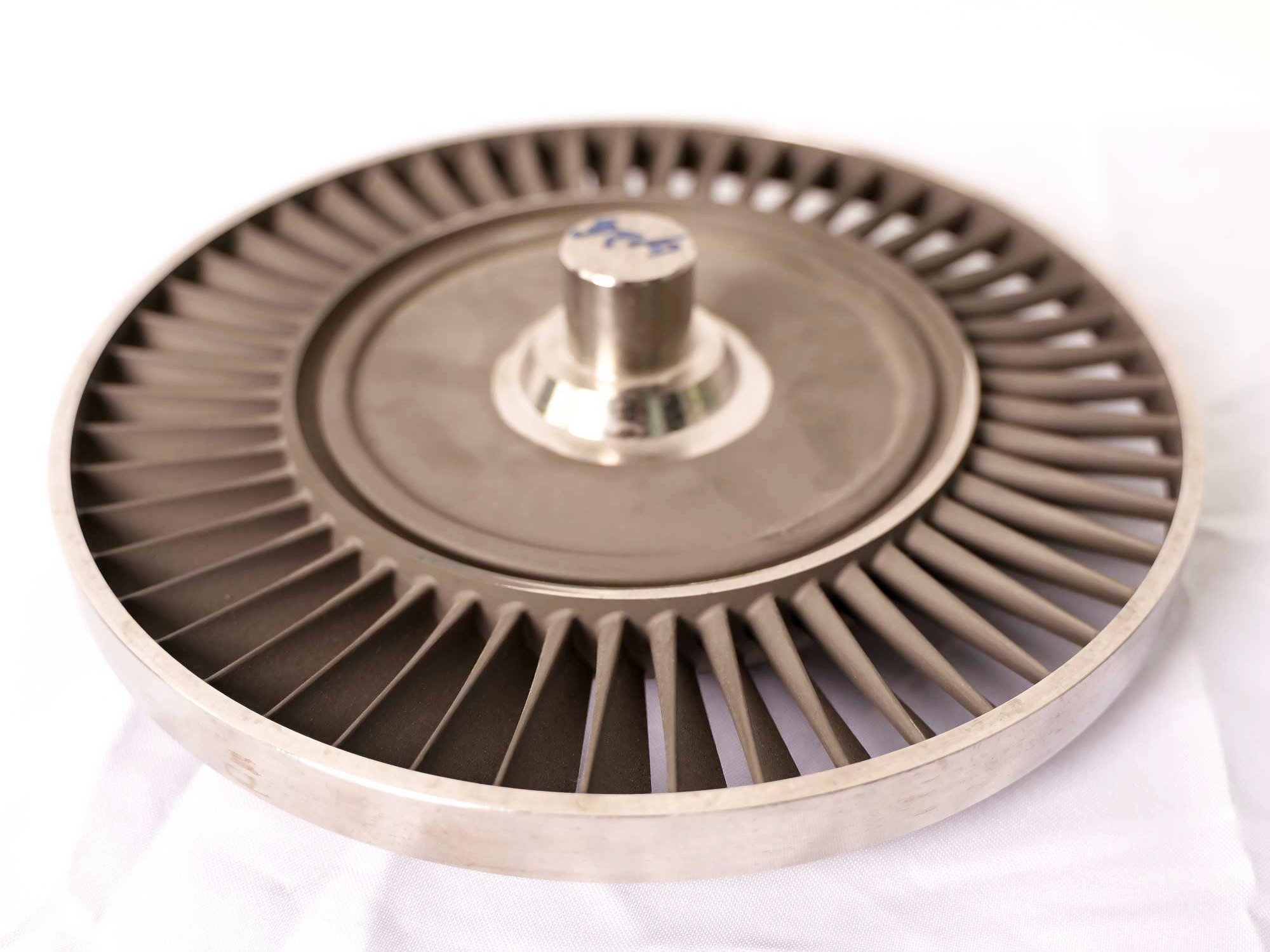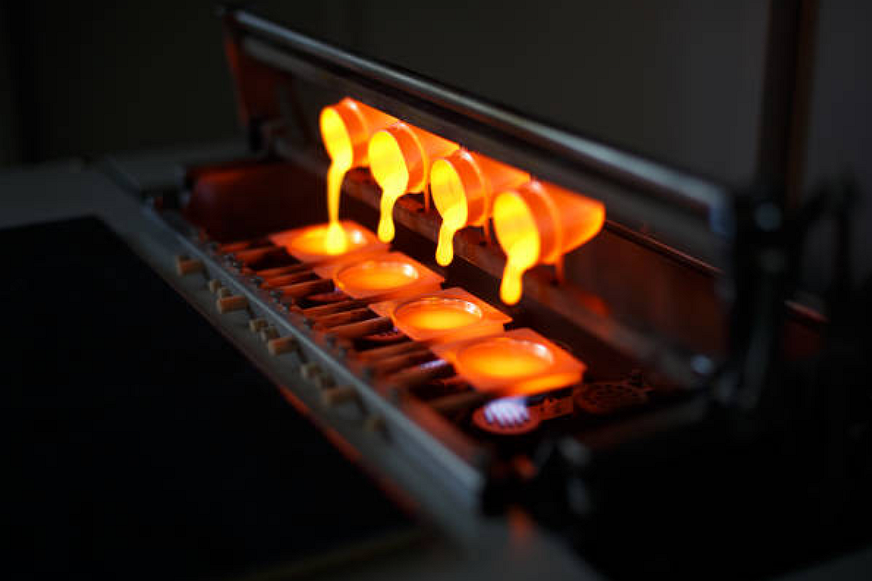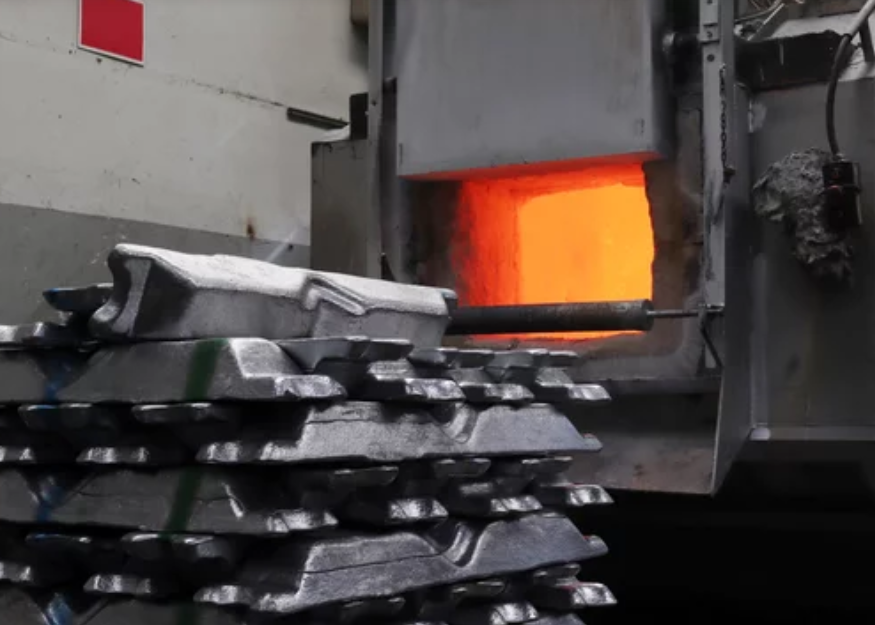What industries benefit most from eco-efficient investment casting?
Introduction
Eco-efficient investment casting combines sustainability with precision manufacturing, providing industries with complex, high-performance components that minimize waste, emissions, and energy use. By integrating recyclable alloys, additive manufacturing, and clean finishing processes, this method supports environmentally responsible production without sacrificing mechanical integrity or dimensional accuracy. Several key industries stand out for their reliance on this sustainable casting approach.
Aerospace Industry
The aerospace sector benefits enormously from eco-efficient investment casting due to its demand for lightweight, heat-resistant, and durable components. Alloys like nickel-based alloys and cast titanium enable fuel-efficient turbine blades, housings, and structural components. Investment casting minimizes material waste from expensive superalloys, while heat treatment and PVD coating enhance performance and longevity, reducing both lifecycle emissions and the frequency of replacements.
Automotive and E-Mobility
In automotive and e-mobility applications, investment casting supports lightweight design and energy efficiency. Aluminum and carbon steel components are produced with minimal machining, resulting in reduced energy consumption during manufacturing. Recyclable alloys, efficient powder coating, and electropolishing treatments contribute to a cleaner, more sustainable production chain. The resulting parts—such as engine housings, brackets, and suspension systems—combine strength, corrosion resistance, and eco-efficiency.
Energy and Power Generation
For the energy industry, eco-efficient investment casting plays a pivotal role in producing turbine vanes, impellers, and valves that withstand high temperatures and corrosive environments. Materials such as copper alloy and cast stainless steel offer excellent thermal and oxidation resistance, while modern ceramic molds minimize waste and emissions. The process’s precision minimizes rework, making it ideal for the production of sustainable energy equipment.
Medical Device Manufacturing
In medical device manufacturing, sustainability is closely tied to biocompatibility and precision. Eco-efficient investment casting allows for the creation of surgical instruments and implant components using nickel-free stainless steel and cobalt-chromium alloys. Reduced chemical usage during passivation and optimized material yield contribute to cleaner production environments compliant with medical-grade standards.
Consumer Electronics and Power Tools
Manufacturers in the consumer electronics and power tool industries benefit from precision casting’s ability to create complex, lightweight metal housings and structural frames. Using recyclable zinc alloy or cast aluminum, investment casting ensures dimensional stability with minimal waste. Eco-friendly coatings and anodizing further enhance durability, reducing product failure and extending the lifespan of consumer goods.
Lighting and Locking Systems
For lighting solutions and locking systems, eco-efficient investment casting allows mass production of intricate metal housings and components with clean surface finishes. Low-melting-point materials, such as zinc and copper alloys, require less energy for melting, providing cost-effective and sustainable solutions for high-volume production.



